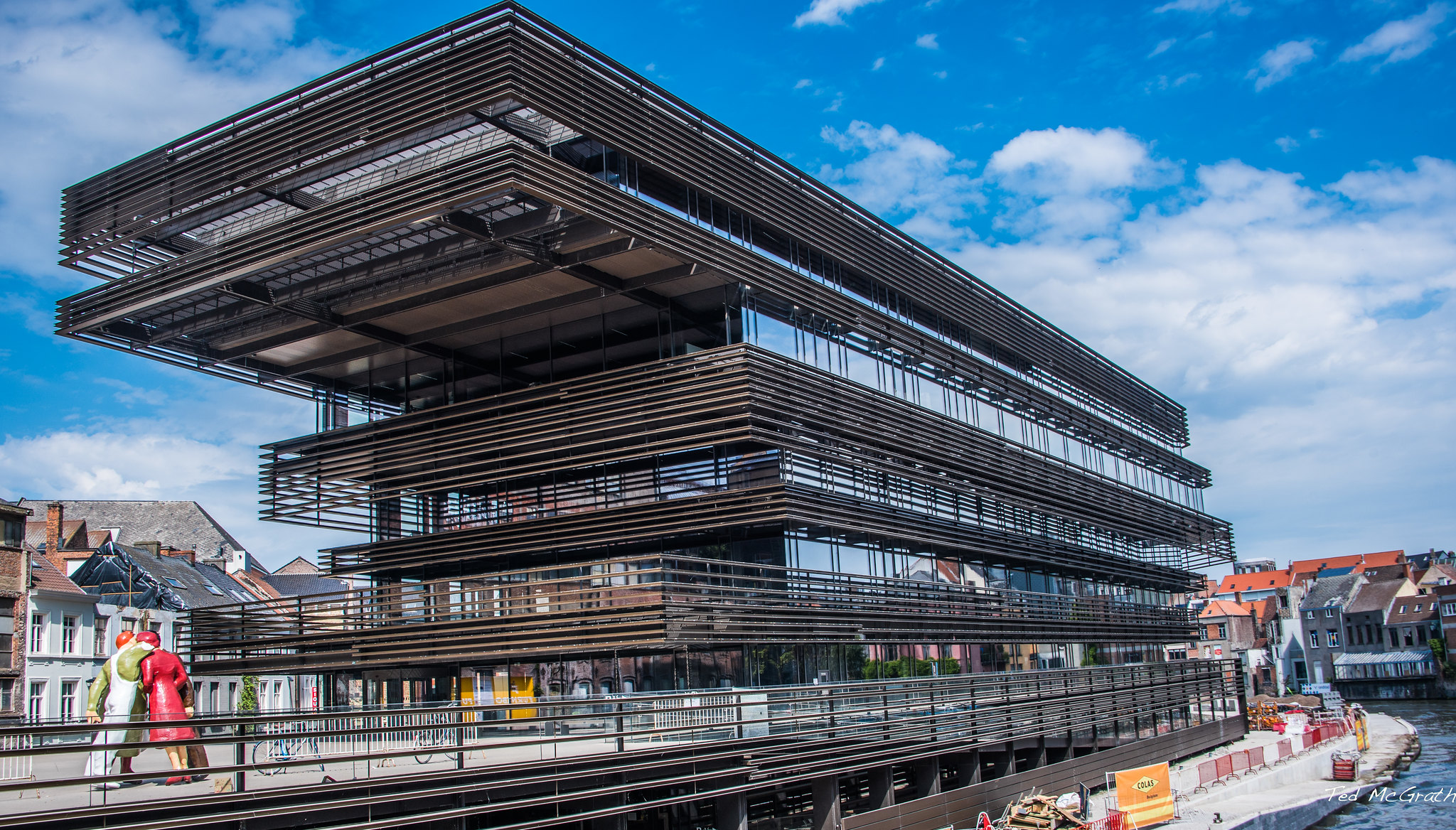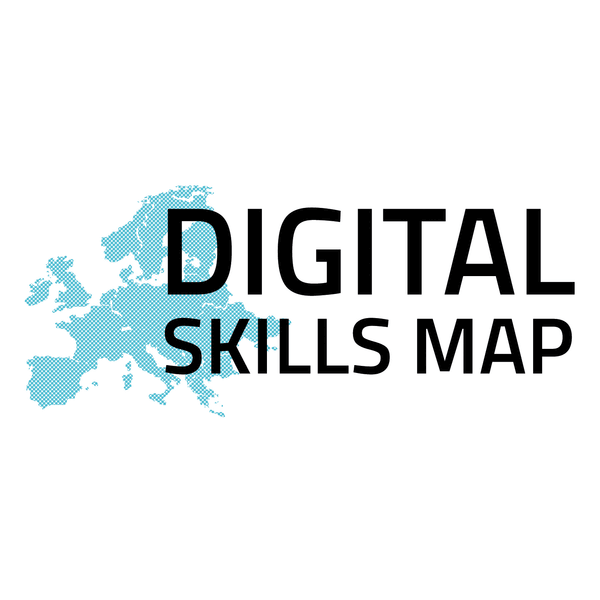
City
Ghent
Main actors
City Government, Private Sector, Public Utility
Project area
Whole City/Administrative Region
Duration
Ongoing since 2006
Collaborating with public libraries to unlock the digital potential of citizens.
Digitaal.Talent@Gent is a strategic programme that develops and implements digital projects and activities in order to achieve e-inclusion in a sustainable way. The innovative and sustainable approach of Digitaal.Talent@Gent boosts digital access, skills and participation of all citizens. By working in both formal and informal education fields, together with many local stakeholders Digitaal.Talent@Gent builds bridges and promotes life-long learning.
This case study was contributed from the Digital Skills Map: https://digiskillsmap.com/en
External links / documents
On Map
The Map will be displayed after accepting cookie policy

